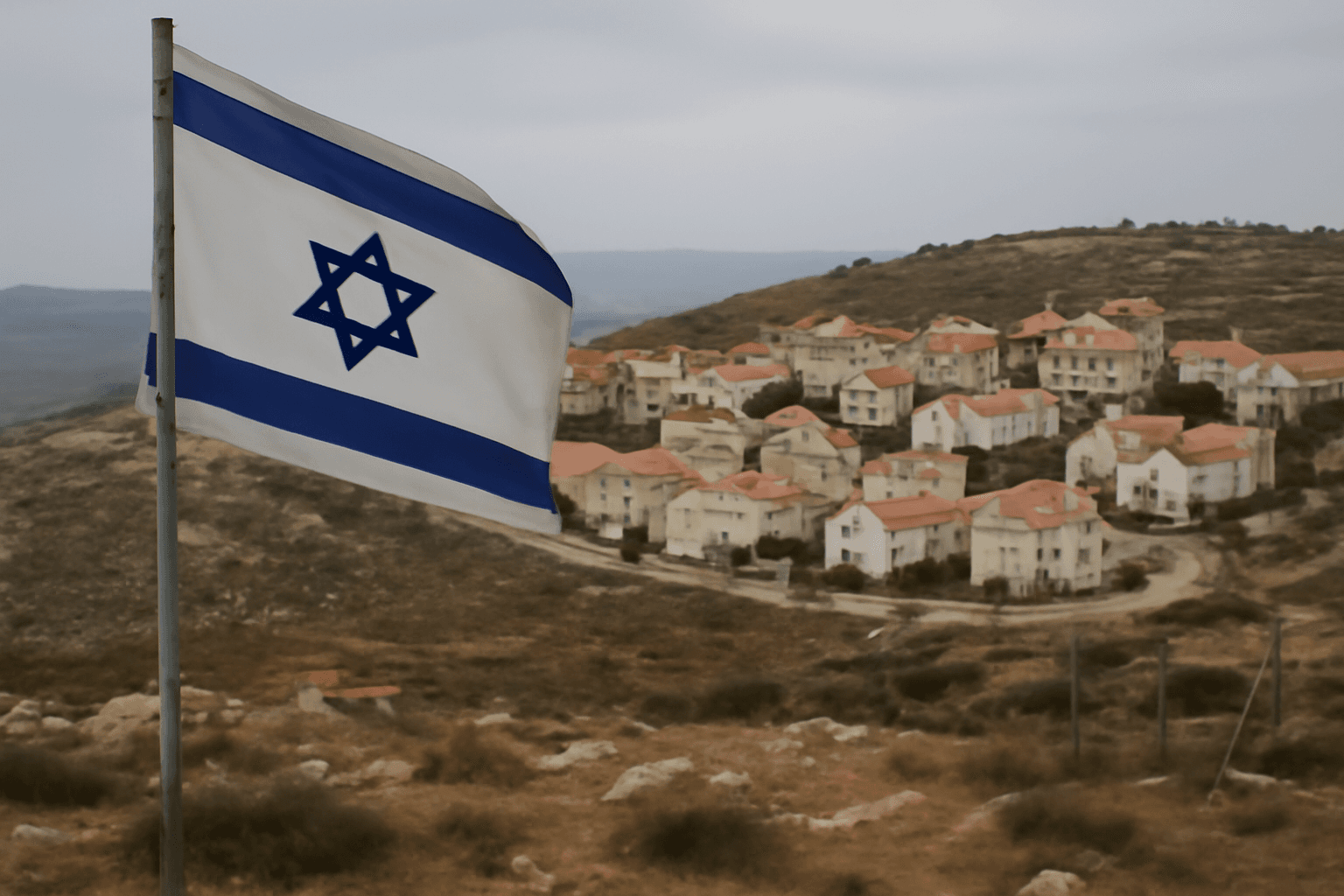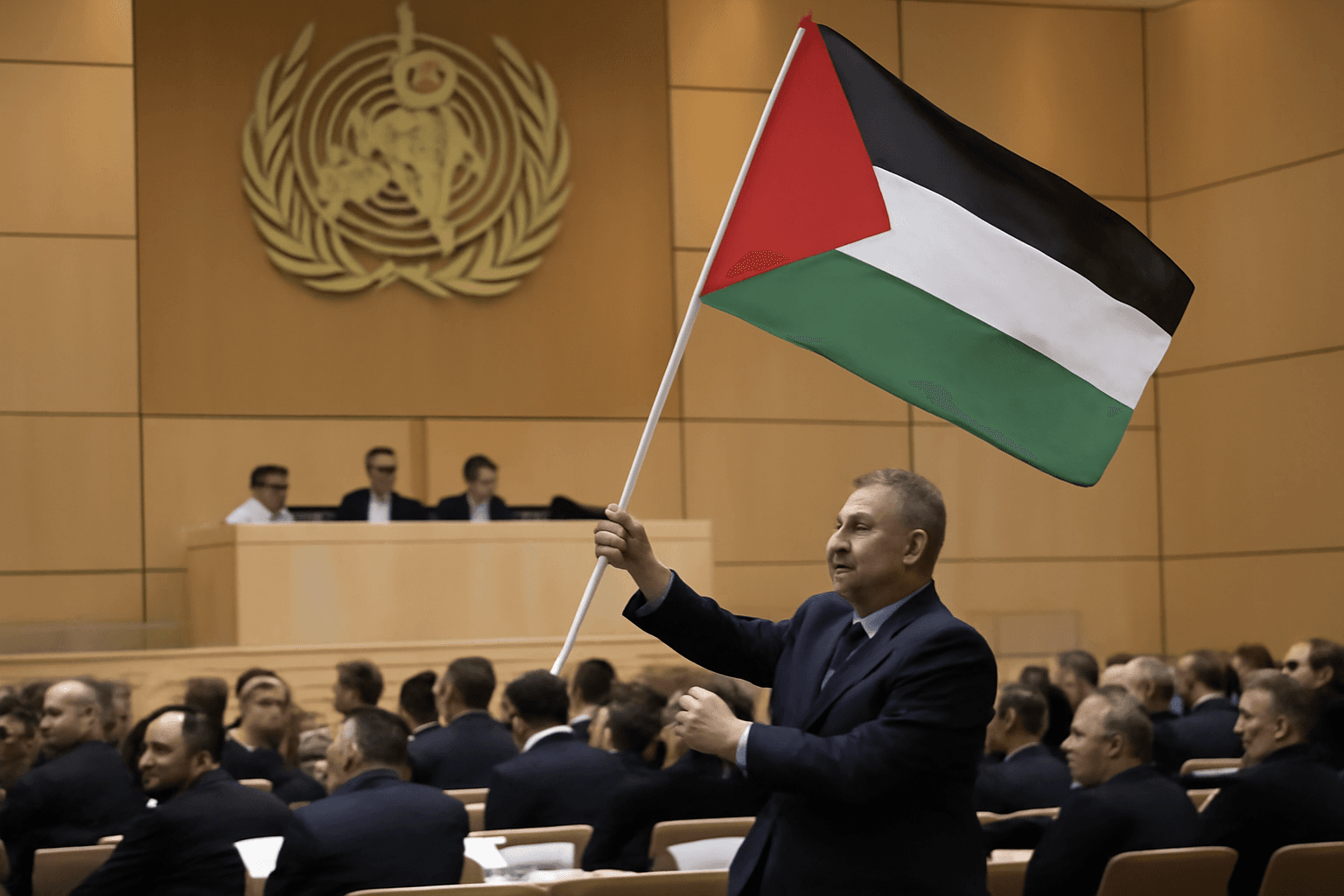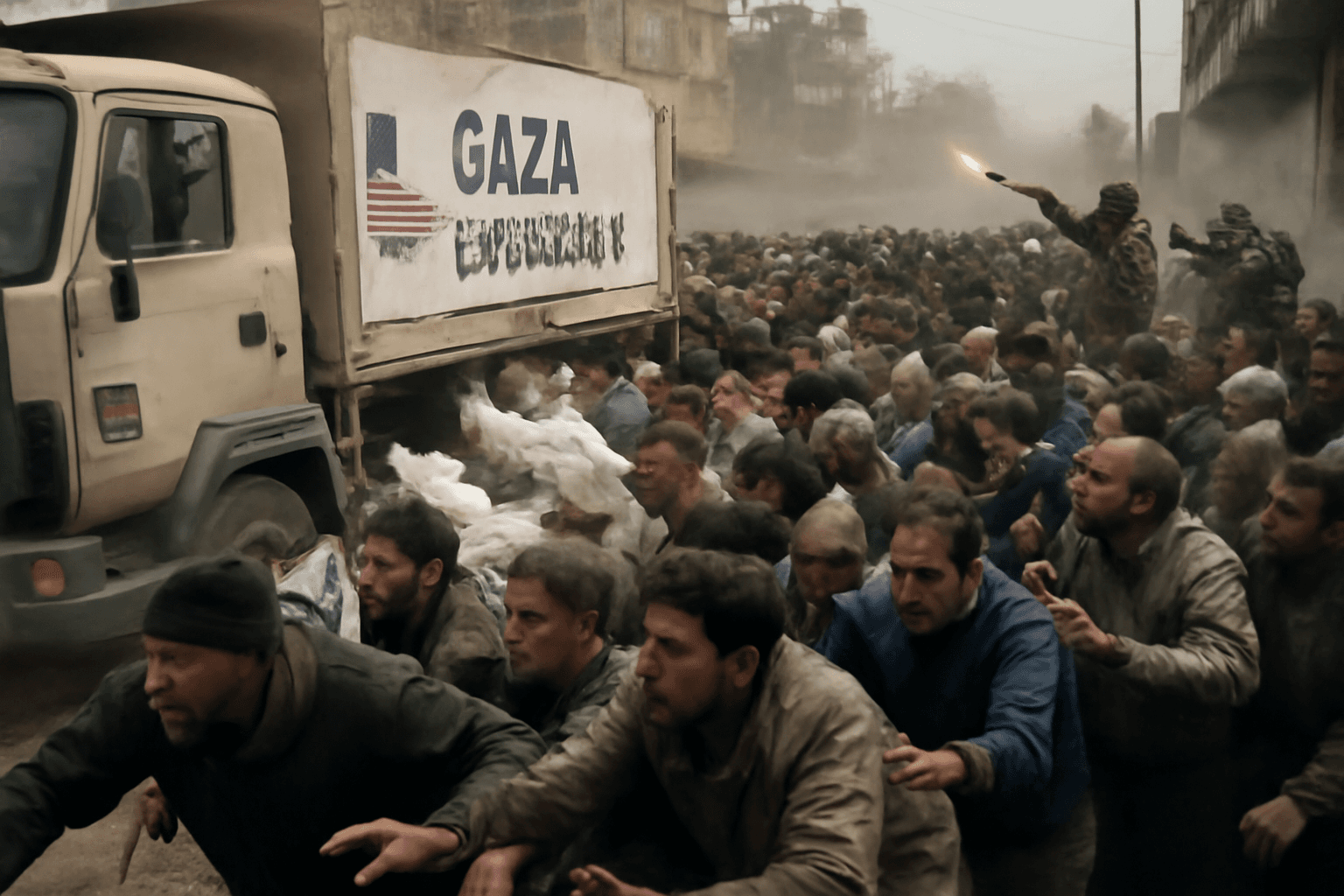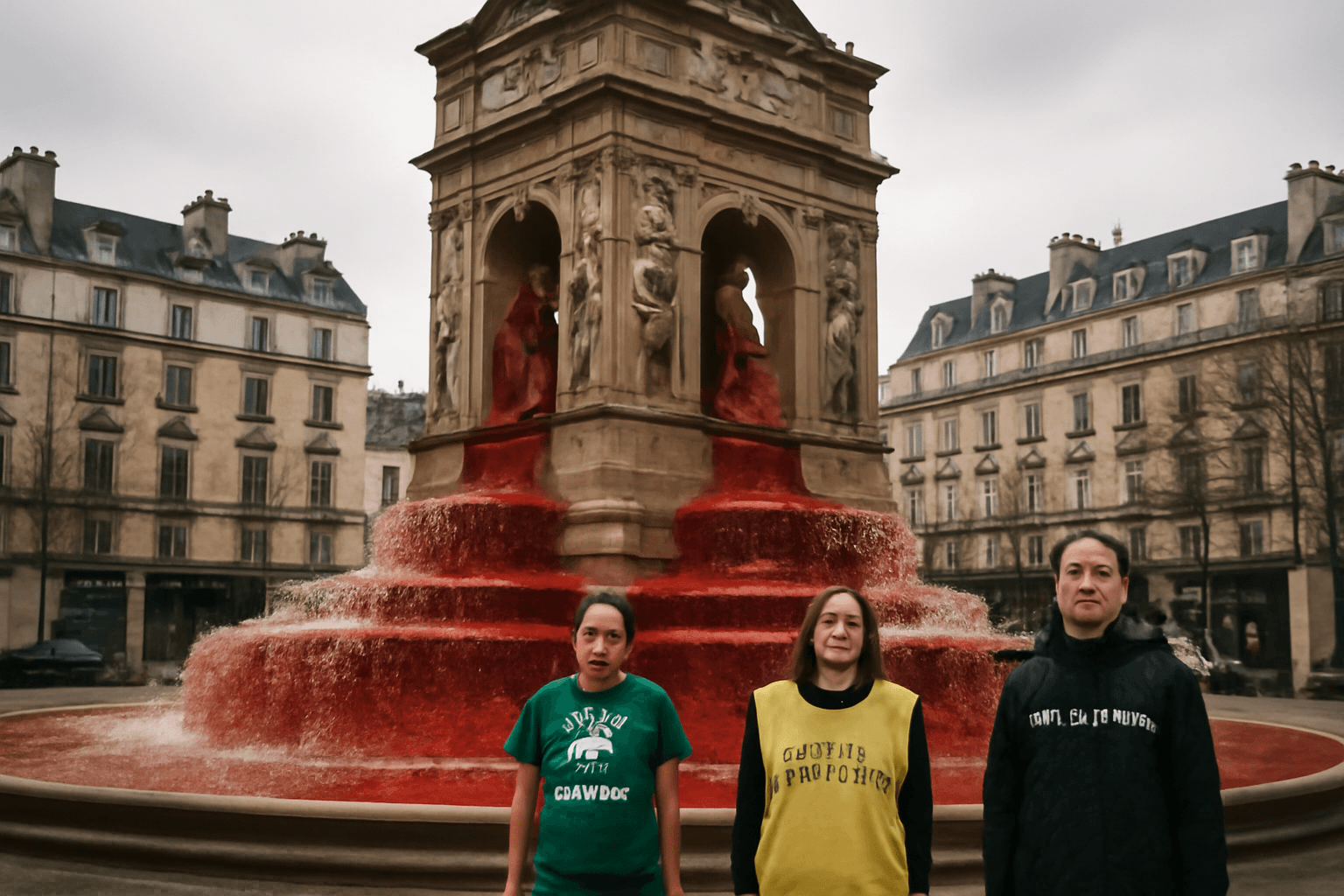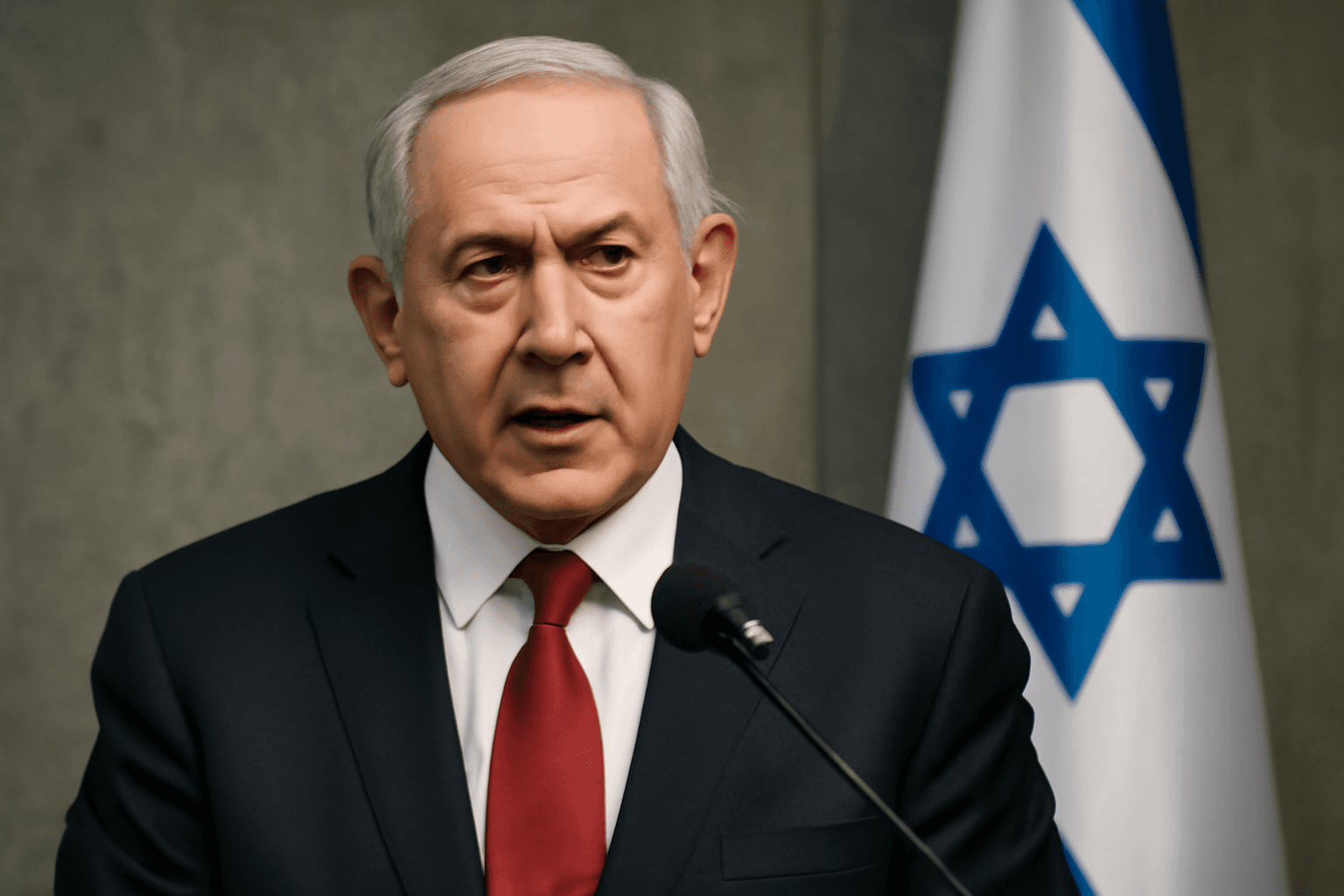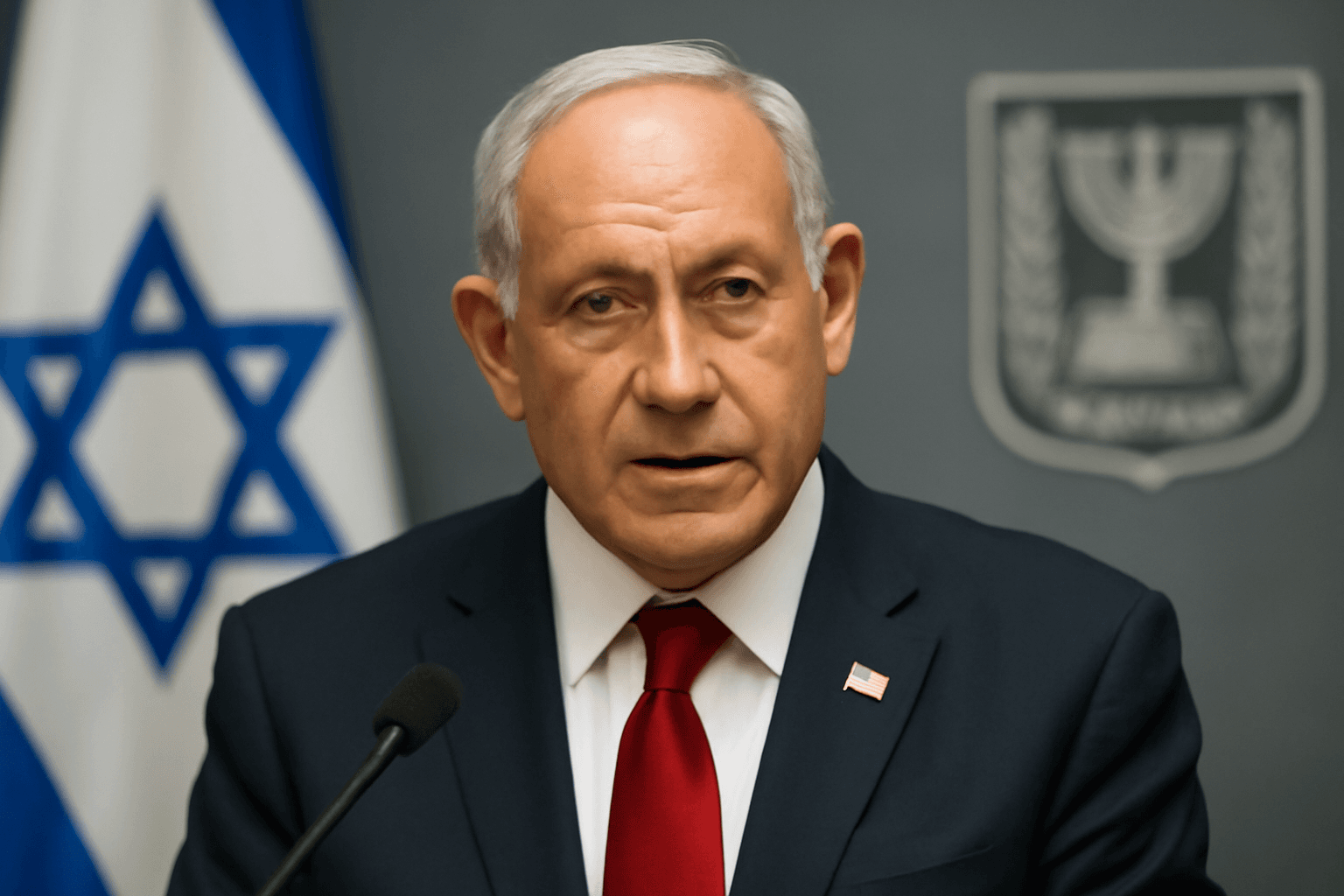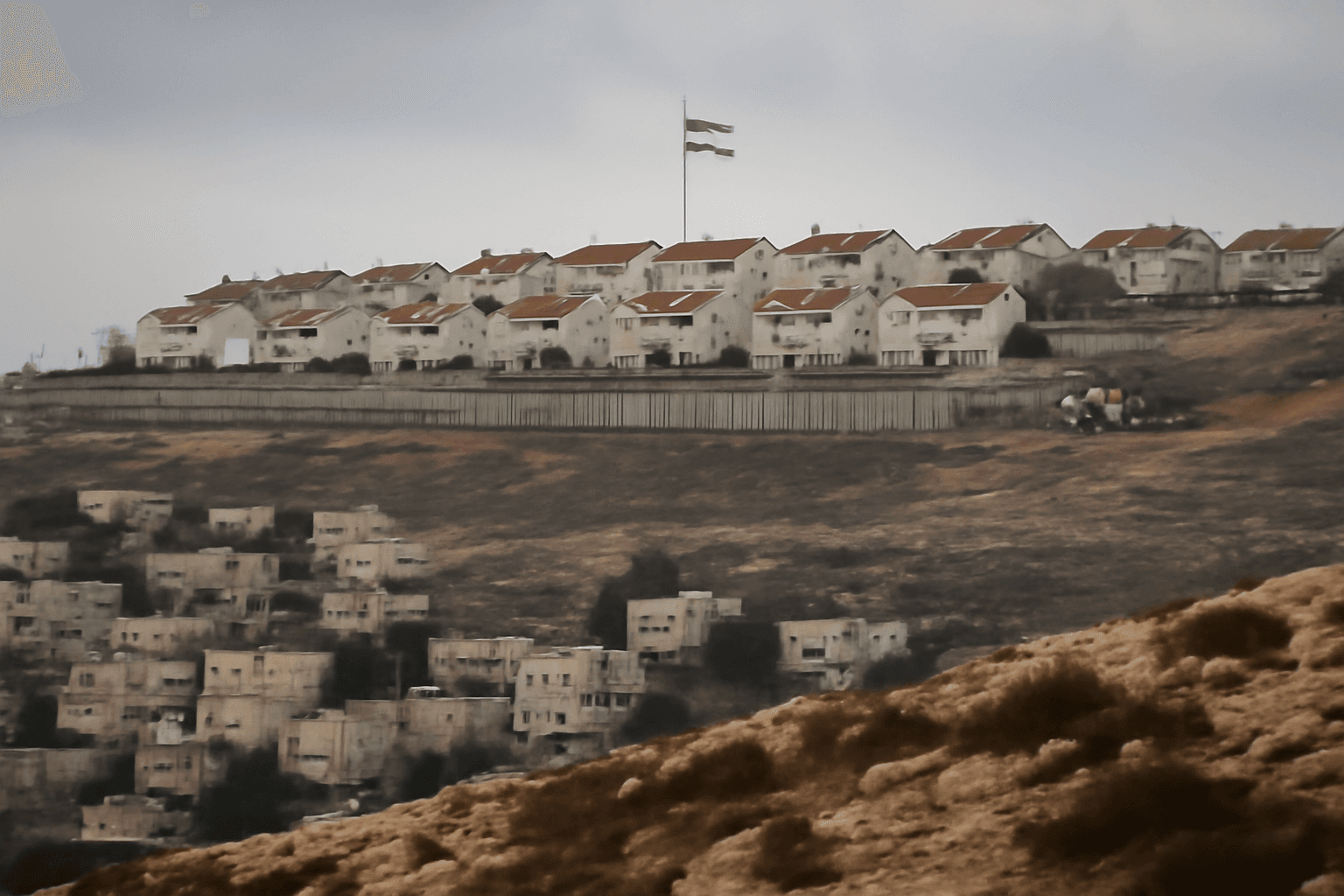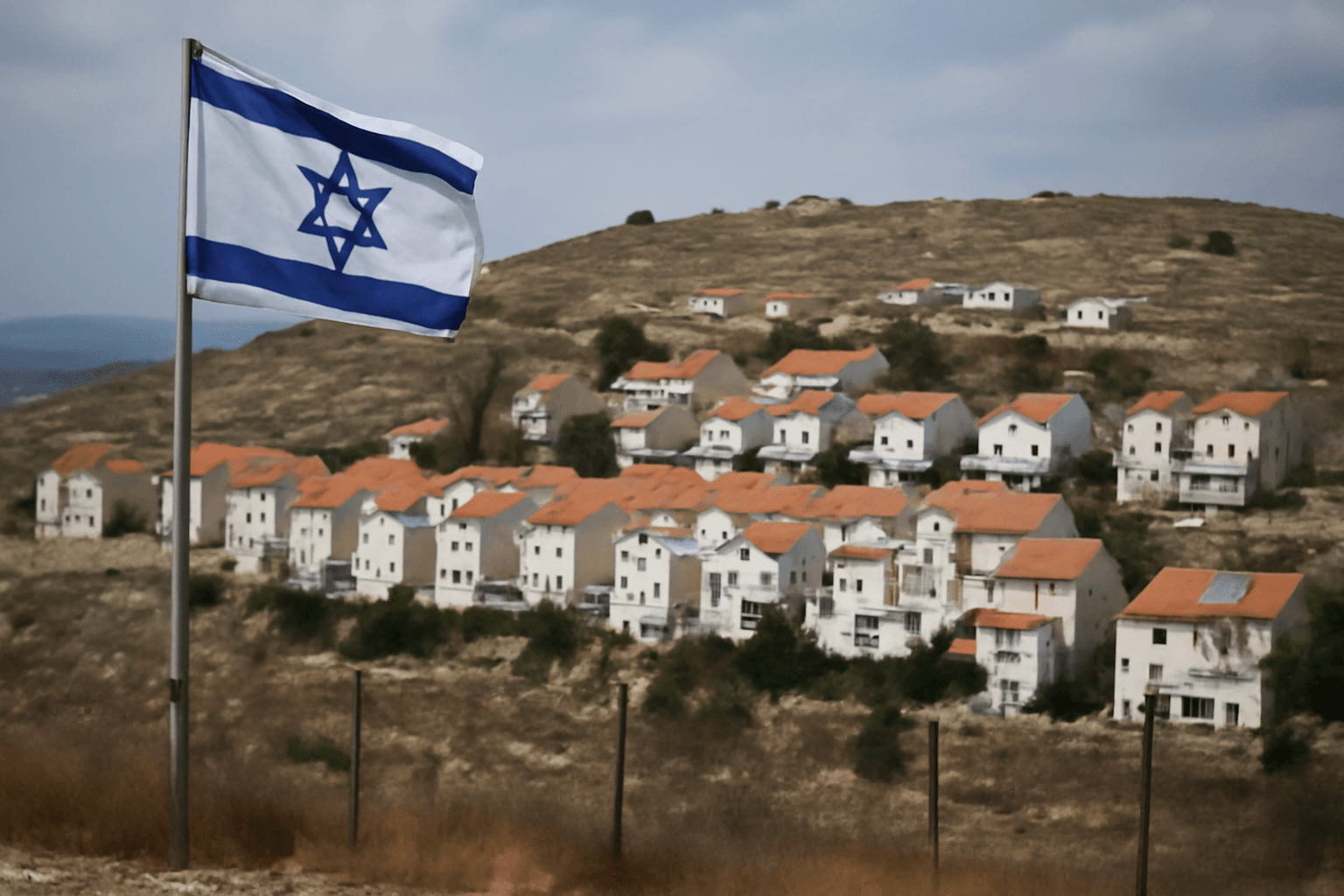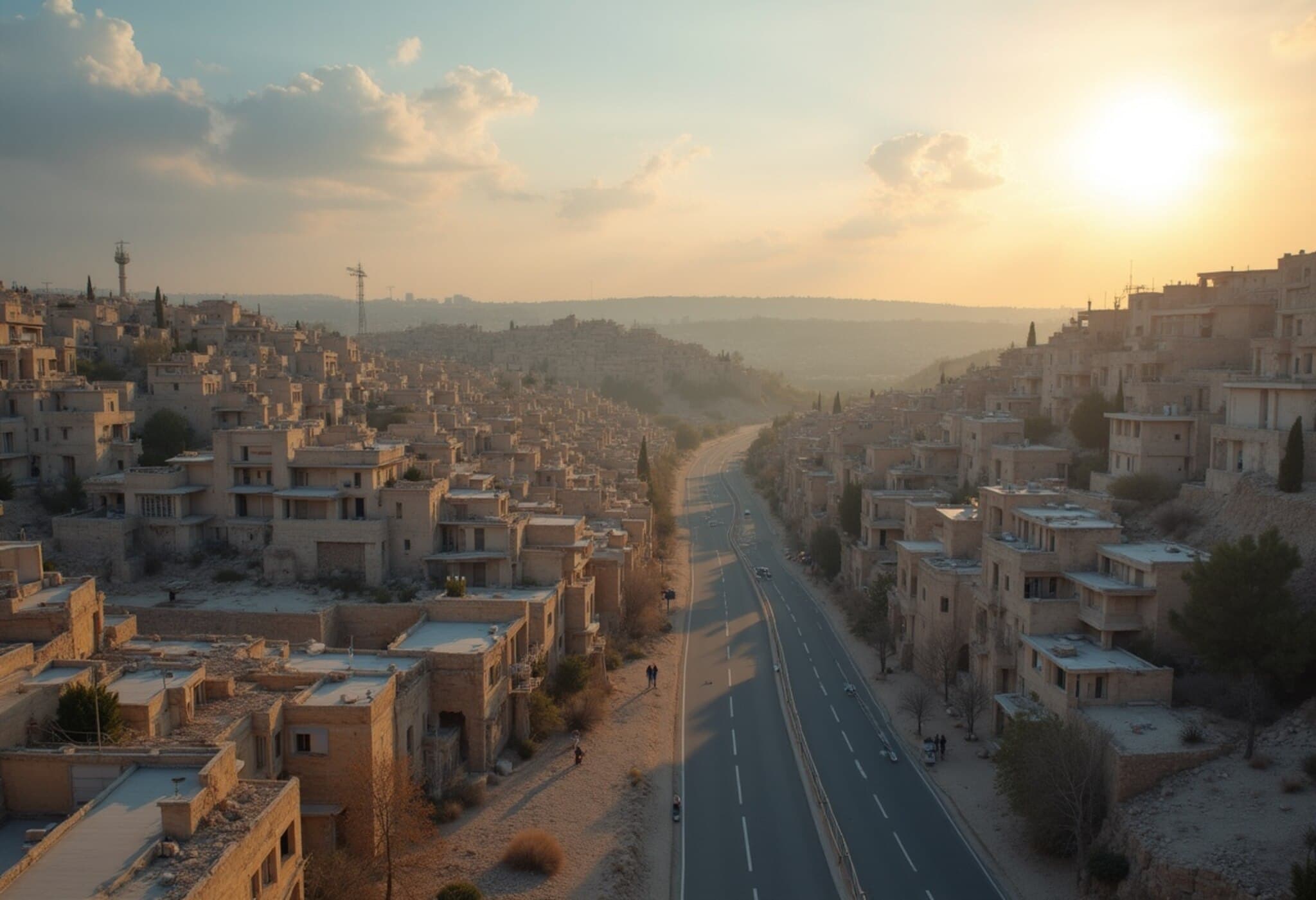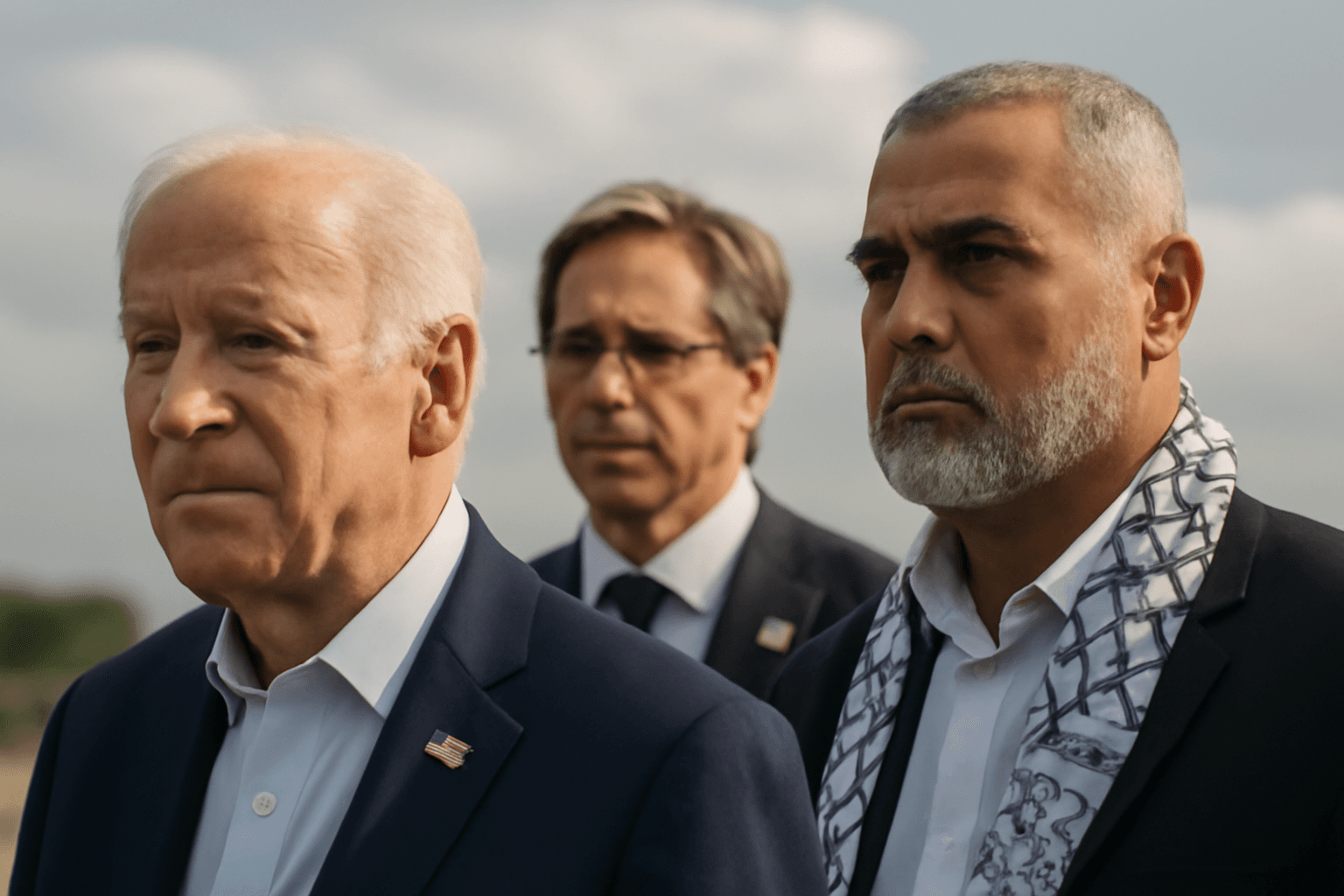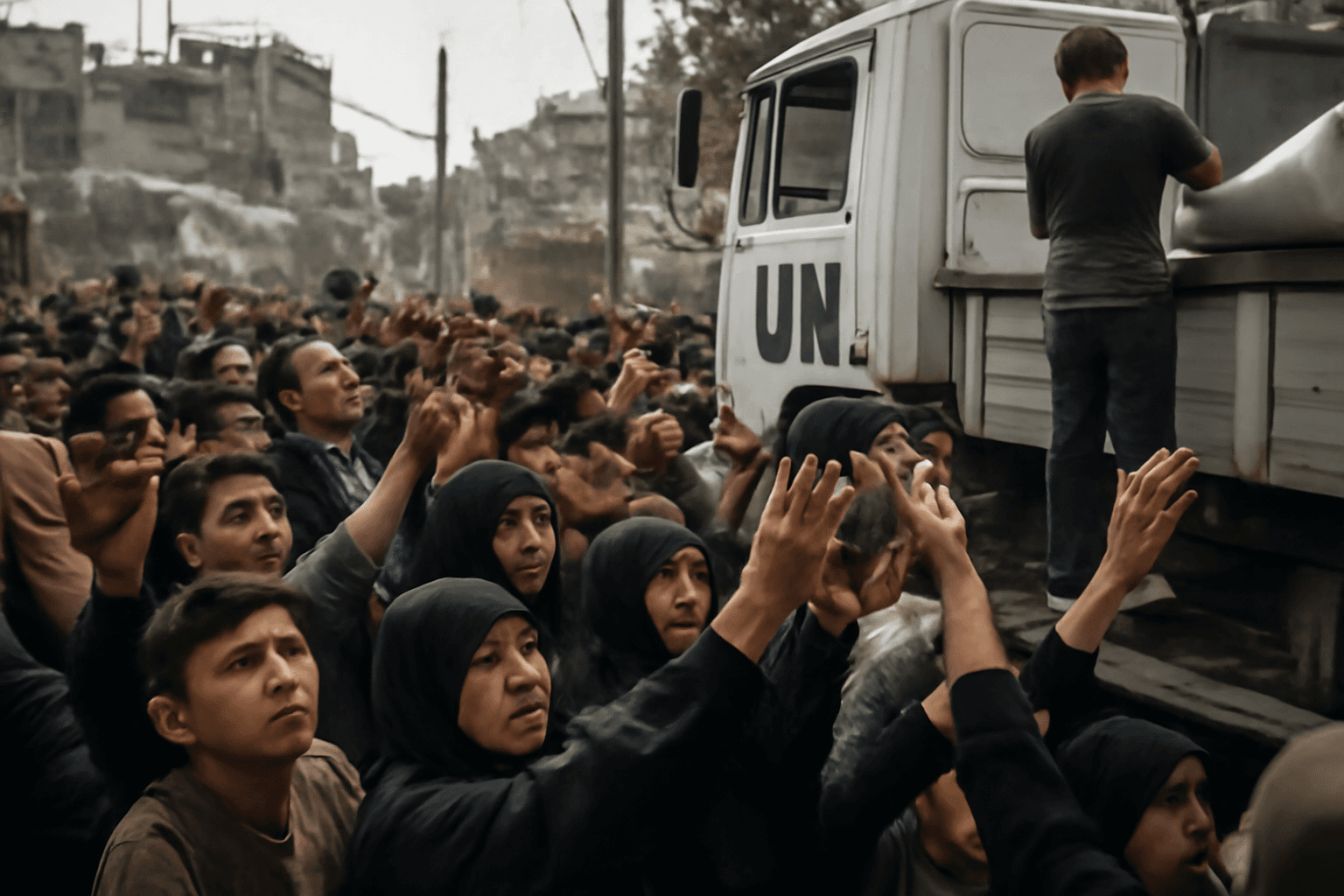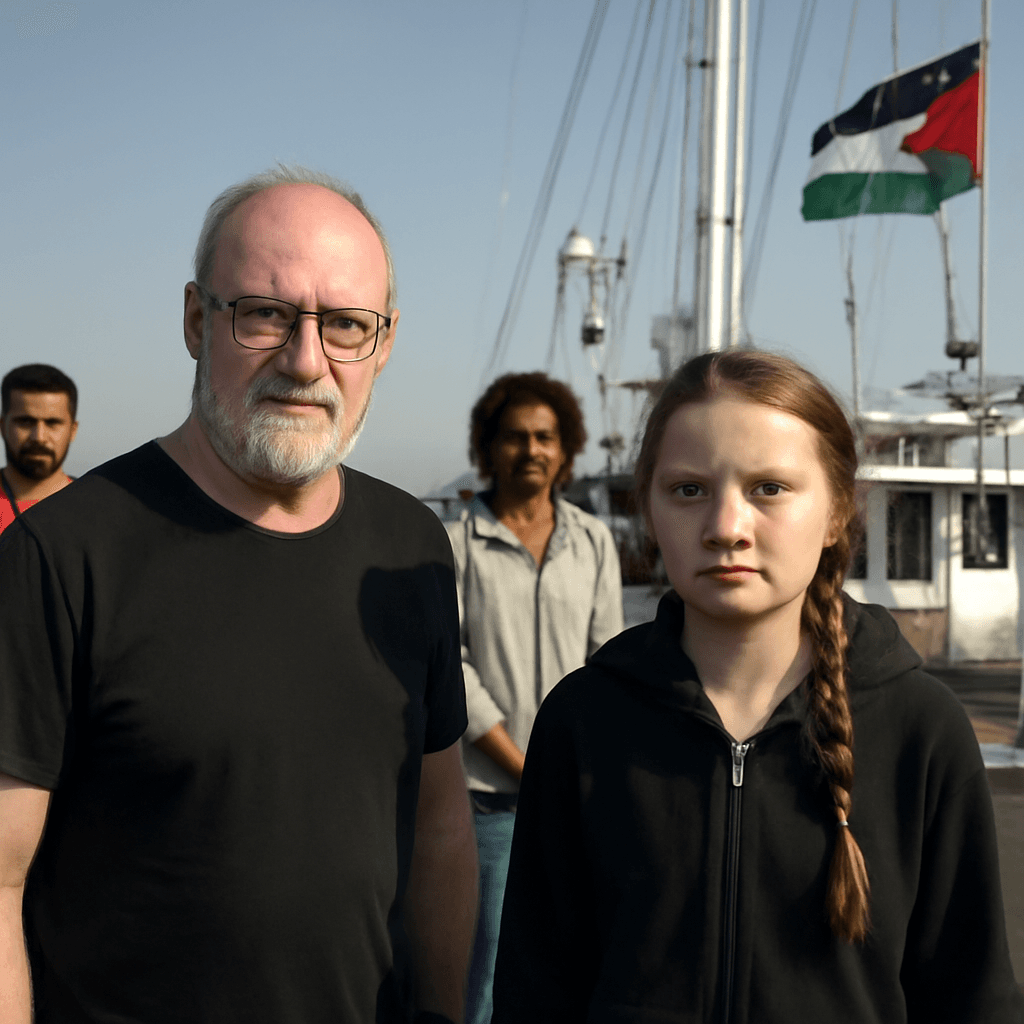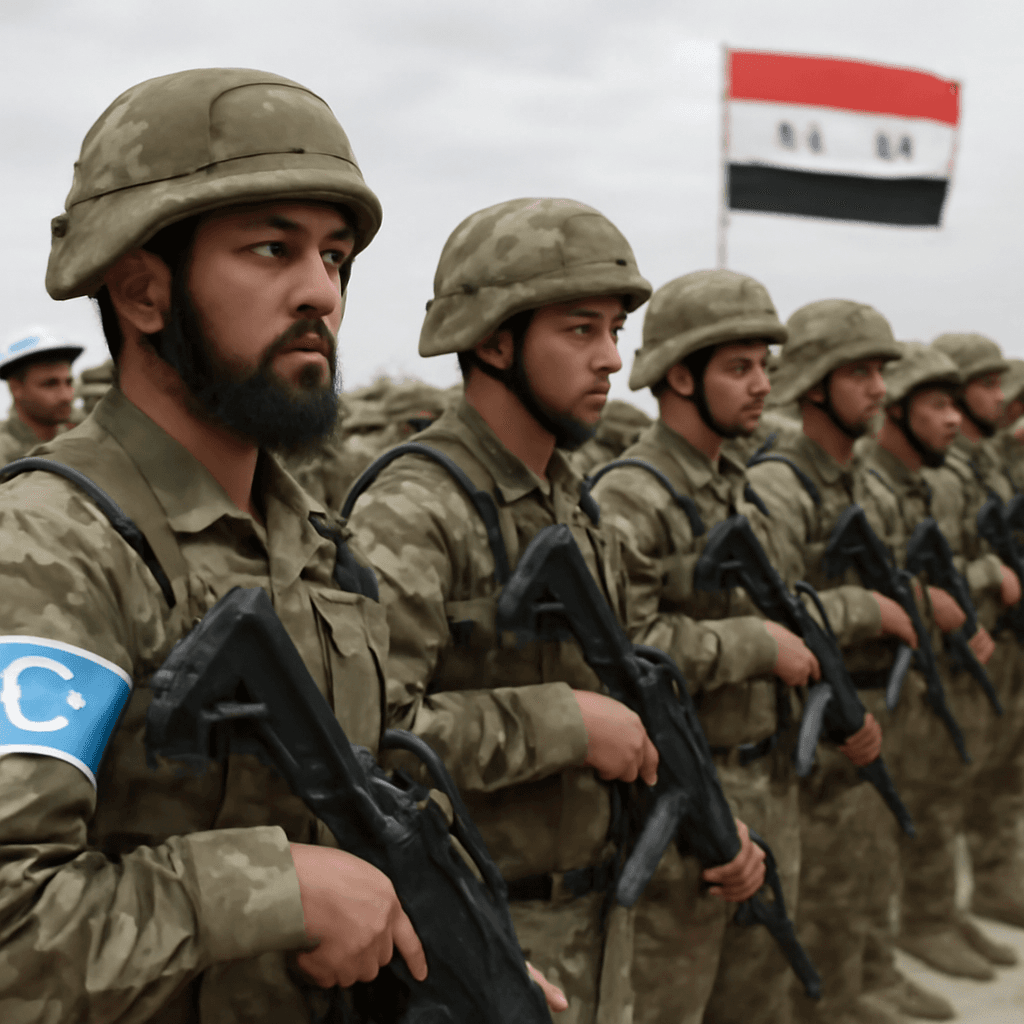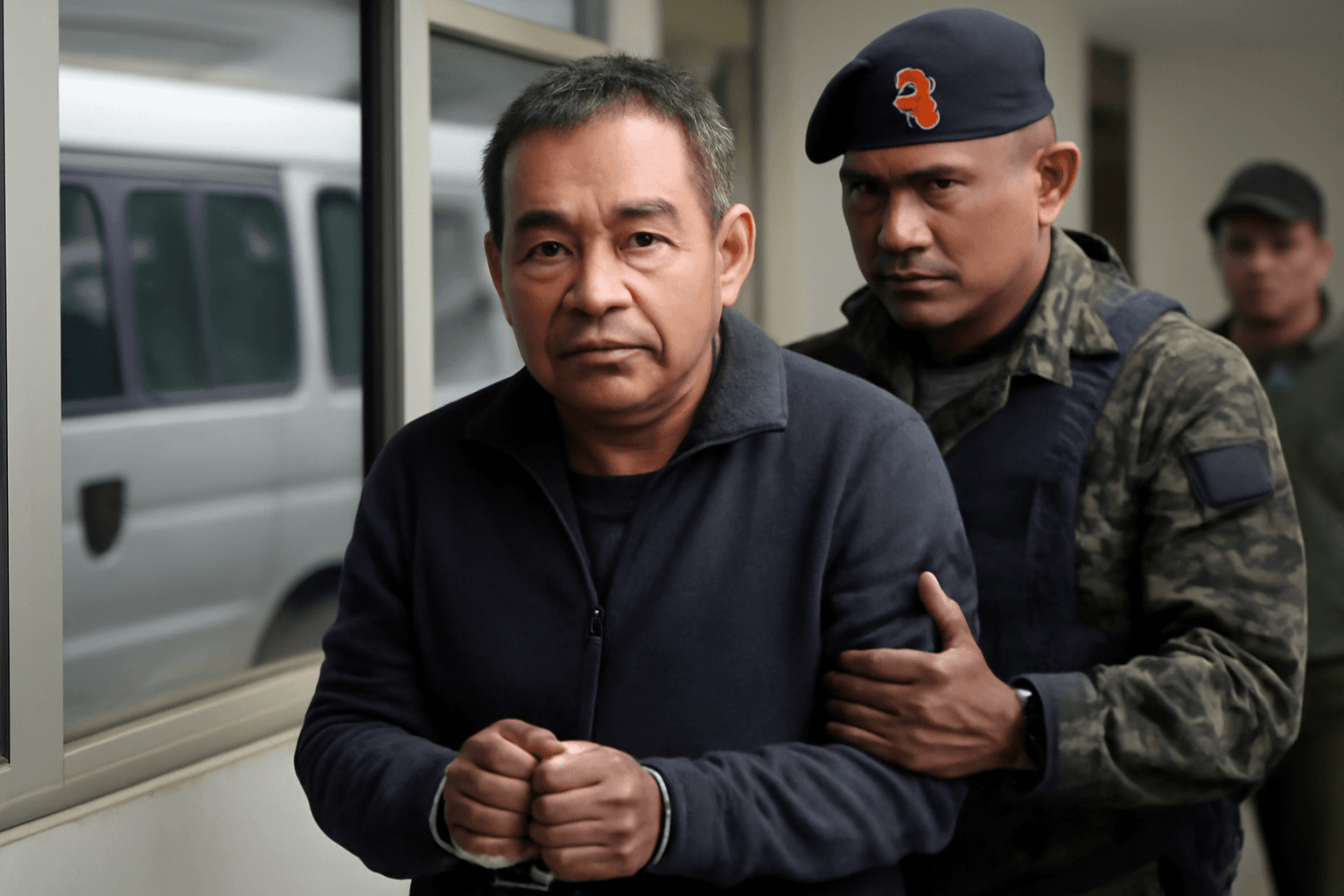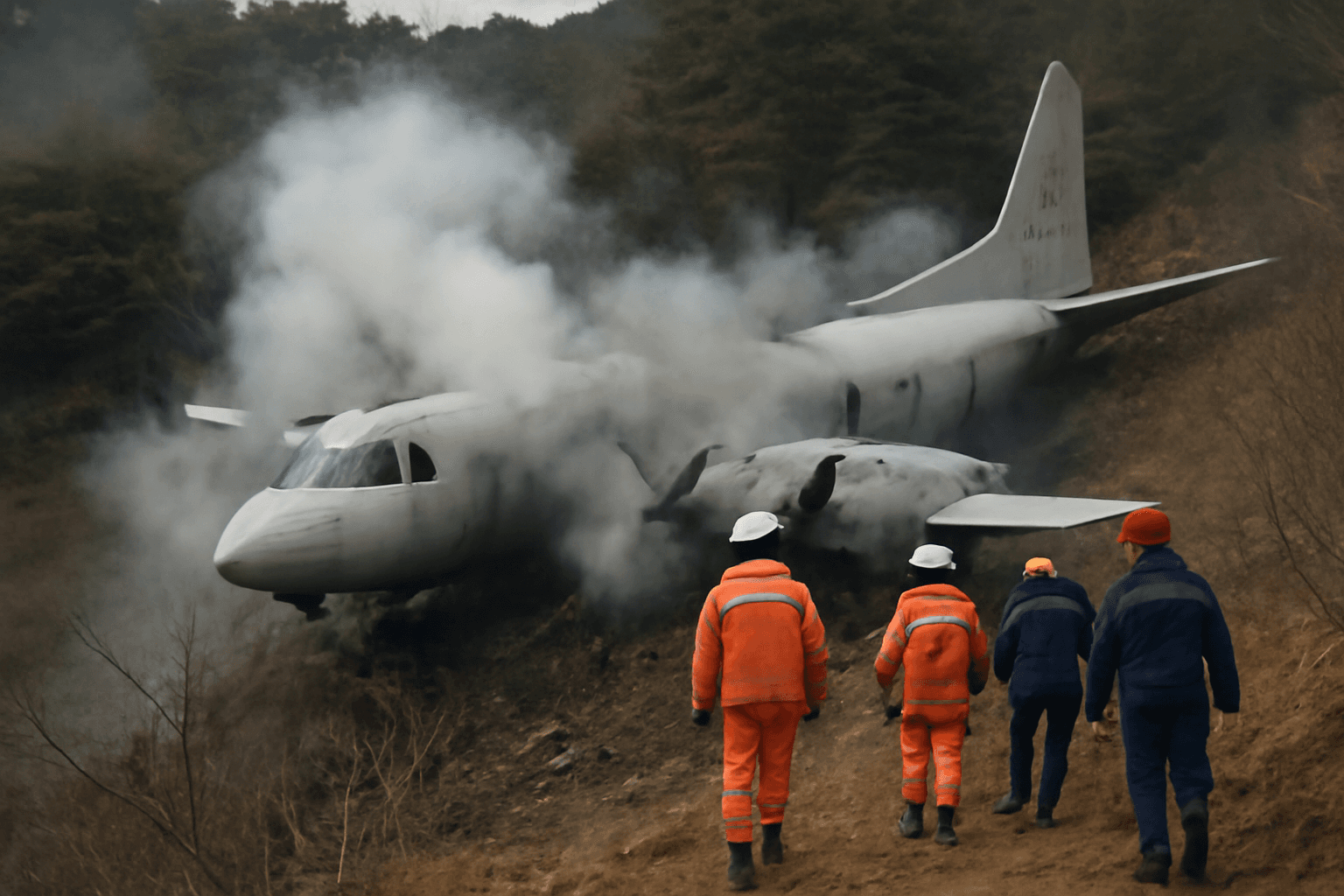On May 29, 2025, Israel announced the authorization of 22 new Jewish settlements in the occupied West Bank, including the legalization of unauthorized outposts. The move reinforces Israel's control over the territory, which it captured in the 1967 Middle East War alongside Gaza Strip and east Jerusalem.
Defense Minister Israel Katz described the decision as strengthening Israel's hold on Judea and Samaria—the biblical name for the West Bank. He asserted that this action affirms the historical connection to the land and serves as a robust response to Palestinian terrorism. Katz further characterized the settlement expansion as a strategic effort to prevent the formation of a Palestinian state that could pose a threat to Israel.
The West Bank currently houses over 500,000 Israeli settlers across more than 100 settlements ranging from small outposts to fully developed towns with infrastructure including housing, commercial centers, and parks. Approximately 3 million Palestinians reside in the West Bank under Israeli military administration, with the Palestinian Authority managing certain population centers.
Israel has intensified settlement activity in recent years, continuing the expansion despite international criticism. The majority of the global community considers Israeli settlements in the West Bank illegal under international law, viewing them as a significant barrier to achieving a two-state solution to the long-standing Israeli-Palestinian conflict.
This announcement follows heightened tensions in the region, particularly after Hamas’ attack on October 7, 2023, which escalated conflict in Gaza.

